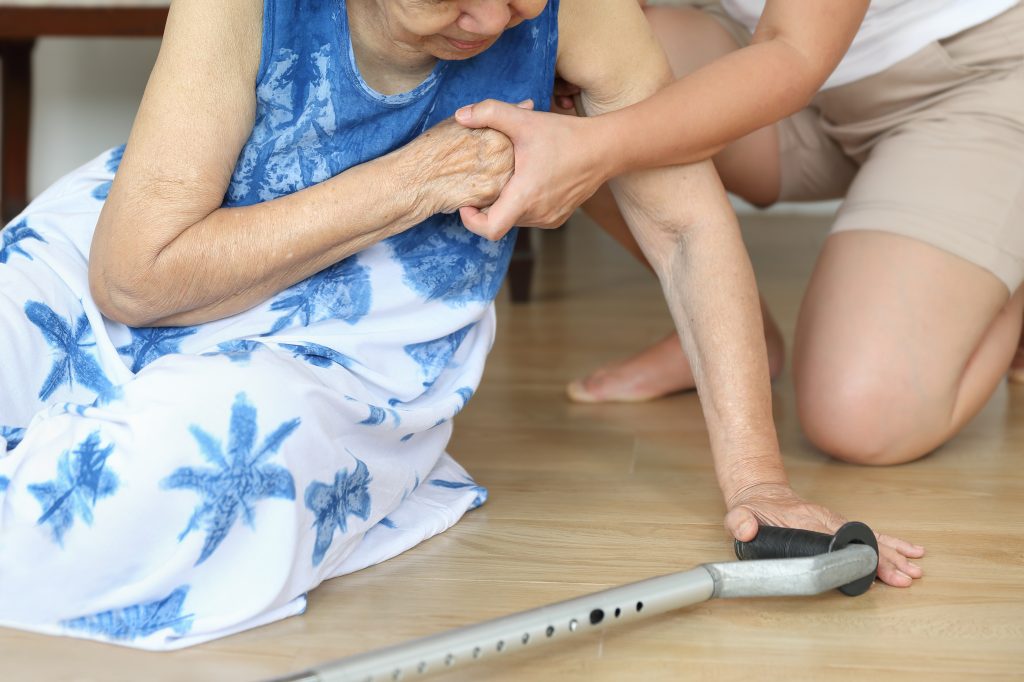Occupational Therapy
Bridging goals and abilities through purposeful activities based rehab





The Strategists of Healthcare
A person is complex. And our health is not just about staying alive but living well.
Live well with meaningful contexts and connections to the society around us.
Read
Essential Information
Health is more than just the absence of illness – it is about living well and participating fully in life. Occupational Therapy (OT) takes a holistic approach to healthcare, supporting people of all ages, from infants to seniors, to regain or maintain independence and quality of life. By considering each person’s physical, emotional, and cognitive needs, occupational therapists help individuals engage meaningfully in their daily activities and social roles.
Occupational Therapy is a specialised field of healthcare that began in the early twentieth century. Its core purpose is to enable people to participate in the activities – or occupations – that matter most to them, whether at home, at work, or in the community. What sets OT apart is its holistic, person-centred approach, focusing on the whole individual rather than just symptoms or conditions.
Occupational therapists work across a wide range of settings in Singapore, including hospitals, clinics, schools, and homes. They address not only physical challenges, but also cognitive, emotional, sensory, and psychosocial factors that impact a person’s ability to live independently and with purpose.
Occupational therapists (OTs) in tertiary care settings—such as A&E, acute wards, and pre-discharge phases—play a critical role in supporting patients’ recovery and safe transition from hospital to home. In A&E and acute care, OTs assess patients’ ability to perform essential daily activities, address immediate functional needs, and implement early interventions like positioning, splinting, and activity engagement to prevent deconditioning and complications such as joint stiffness or delirium. They also collaborate with the multidisciplinary team to facilitate timely and appropriate discharge planning, recommending adaptive equipment, environmental modifications, and caregiver training to ensure patients can safely manage at home. Before discharge, OTs often conduct comprehensive assessments of both the patient’s abilities and their home environment, suggesting modifications or support services to maximise independence and reduce the risk of readmission. Research shows that OT involvement in acute and subacute care improves functional outcomes and can be cost-effective, particularly for conditions like stroke, brain injury, and joint replacement.
However, a key limitation is that hospital-based OTs generally only manage patients during their inpatient stay. Once individuals are discharged, ongoing support and long-term management—especially for those with chronic conditions—typically shift to community-based therapists or other specialists. This transition does not reflect on the quality of care provided in hospitals, but rather the structure of the healthcare system, where continuity of care relies on effective handover and collaboration with community rehabilitation teams, primary care providers, and outpatient services. For patients and families coping with chronic or complex needs, this highlights the importance of accessing appropriate post-discharge support to maintain progress and adapt to life at home.
It’s increasingly recognised, OTs are key contributors to primary care and prevention, bringing a unique, holistic perspective that complements medical and nursing care. In primary care, OTs work directly with individuals and families to promote health and prevent illness by enabling participation in meaningful daily activities, supporting healthy routines, and addressing barriers to wellbeing. Their interventions range from chronic disease management and mental health support to falls prevention, home safety assessments, ergonomic advice, and lifestyle redesign. OTs are skilled at identifying risks before they escalate, helping clients manage symptoms early, and reducing the likelihood of hospitalisation or crisis. For example, they may help someone with early arthritis adopt joint protection strategies, support older adults in making their homes safer to prevent falls, or guide families in building routines for children with developmental delays. This proactive, client-centred approach not only improves quality of life but also alleviates pressure on GPs and the wider healthcare system by reducing unnecessary consultations and admissions. OTs are also valuable in health promotion, empowering people to make sustainable changes that support long-term wellbeing and resilience. Their involvement in primary care teams enhances access to care, supports multidisciplinary collaboration, and ensures that prevention and early intervention are woven into the fabric of community health services.
Unlike traditional medical models that focus mainly on treating symptoms, occupational therapy takes a preventive and proactive approach. OTs recognise that our daily activities shape our health and wellbeing, and they work to future-proof clients against long-term complications. By understanding how people interact with their environments and communities, occupational therapists can identify risks early and put in place strategies to support lasting health.
Occupational therapists are known for their creativity and adaptability. They use a wide range of tools and everyday objects to design personalised interventions, always keeping the client’s strengths and goals in mind. Their keen observation skills and holistic perspective help them develop practical solutions that address physical, psychological, and social needs, enabling clients to live life to the fullest.
Occupational Therapy can make a significant difference at many stages of life. You or your loved ones might benefit from OT if you notice any of the following signs or situations:
Difficulty with Daily Activities: Struggling with self-care tasks such as dressing, bathing, eating, or moving around the home.
Recovery from Illness or Injury: Facing challenges in regaining independence after a stroke, surgery, accident, or other medical events.
Ageing Concerns: Experiencing changes in mobility, memory, or safety at home as you or your family members age.
Developmental Delays: Children who are not meeting milestones in movement, play, or learning, or who have challenges in school participation.
Managing Chronic Conditions: Needing support to adapt to long-term health conditions such as arthritis, Parkinson’s disease, or dementia.
Mental Health and Wellbeing: Finding it hard to manage stress, anxiety, or routines due to emotional or psychological challenges.
Work or School Difficulties: Struggling to keep up with tasks at work or school due to injury, illness, or disability.
Home and Community Safety: Concerns about falls, accidents, or managing daily life safely at home or in the community.
If any of these situations sound familiar, occupational therapy can help by providing practical solutions and personalised strategies to improve daily living, independence, and overall quality of life.
Why Choose Us
Lifeweavers is a multi-disciplinary therapy team of highly experienced rehabilitation clinicians consisting:
Occupational Therapists
Physiotherapists
Speech Therapists
Hand Therapists
Dieticians
Stretch Therapists
Specialised Massage Therapists
All the rehab therapy specialists you’ll need to assist in every step of the way on their recovery journey.
Discuss With Us
There is no case too simple or complex to approach us for – we are relevant to anyone looking for personalised, high quality, preventive minded healthcare

